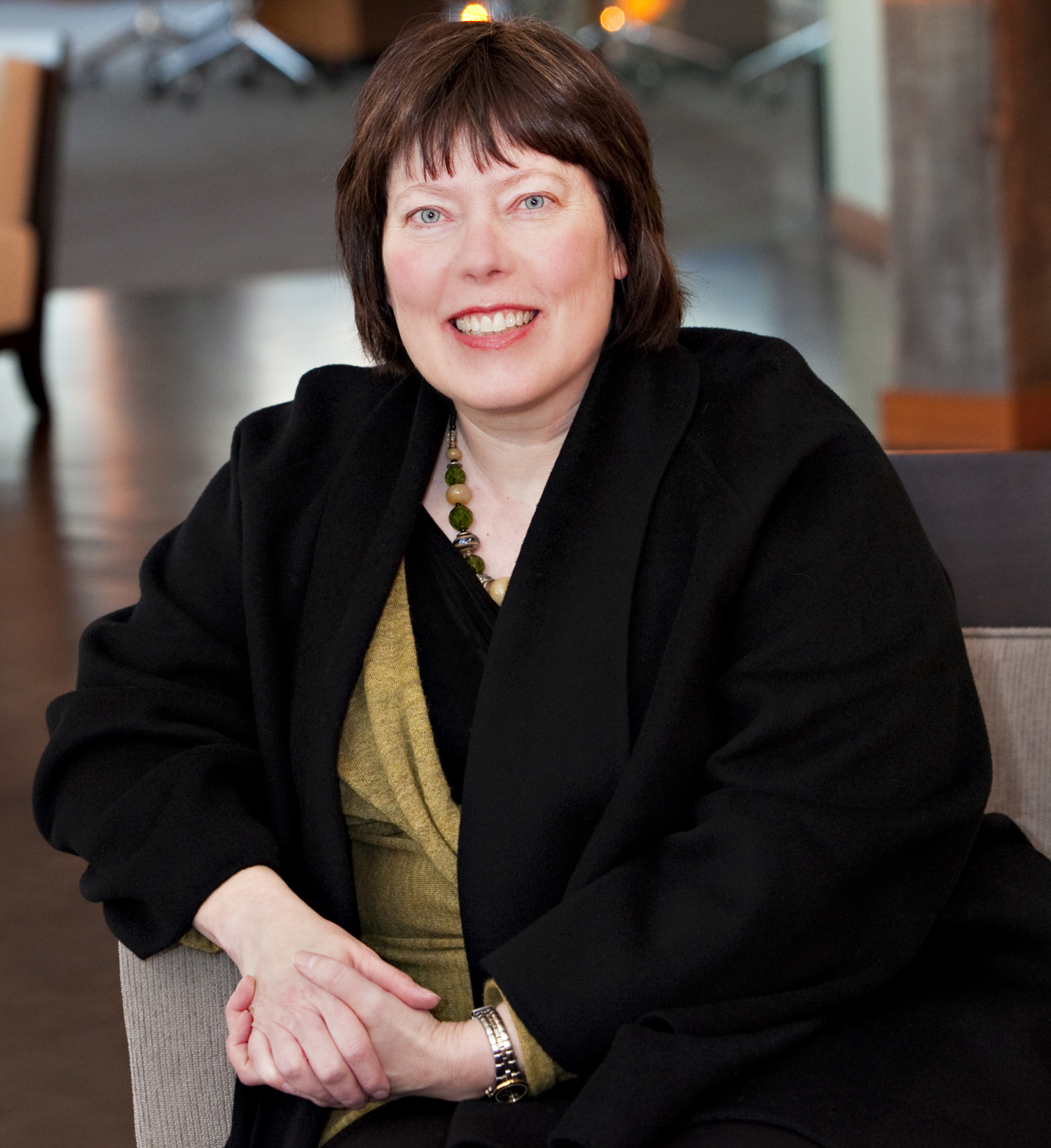 Governor Inslee released his February clean energy policy brief last week. It was full of references to clean transportation—as a means for economic development as well as reduction of greenhouse gas emissions. While there are many aspects that are worthy of highlighting, I am highlighting just a few items in Governor Inslee’s brief.Washington spends more than $20 billion each year on energy. “Shrinking our dependence on imported energy and boosting home grown clean energy will strengthen and expand our economy.” Approximately ¾ of the $20 billion dollar energy goes for traditional transportation fuels. Governor Inslee wants to quickly move to electrify our state transportation system by taking advantage of clean and affordable electrical power. “We will ensure that state investments in transportation contribute to clean energy and climate solutions while we generate jobs and save taxpayer dollars.”
Governor Inslee released his February clean energy policy brief last week. It was full of references to clean transportation—as a means for economic development as well as reduction of greenhouse gas emissions. While there are many aspects that are worthy of highlighting, I am highlighting just a few items in Governor Inslee’s brief.Washington spends more than $20 billion each year on energy. “Shrinking our dependence on imported energy and boosting home grown clean energy will strengthen and expand our economy.” Approximately ¾ of the $20 billion dollar energy goes for traditional transportation fuels. Governor Inslee wants to quickly move to electrify our state transportation system by taking advantage of clean and affordable electrical power. “We will ensure that state investments in transportation contribute to clean energy and climate solutions while we generate jobs and save taxpayer dollars.”
 Governor Inslee calls for the extension of the electric vehicle “corridor” (from British Columbia to Oregon along I-5 and completed last year) across I-90 to Spokane and along Highway 101 to expand consumer confidence for using electric vehicles throughout the state.
Governor Inslee calls for the extension of the electric vehicle “corridor” (from British Columbia to Oregon along I-5 and completed last year) across I-90 to Spokane and along Highway 101 to expand consumer confidence for using electric vehicles throughout the state.
By leveraging the clean power that we already generate through low-cost hydropower and wind resources, local electrical utilities can be part of the solution in the move to vehicle electrification. While there were no specifics here, the reference leads me to believe that there will be changes to utility regulation that encourages and accounts for increased demand of electricity from EVs when displacing other forms of energy generation.
Of interest was the statement “The Governor will direct state procurement of electric passenger vehicles, with other public and private entities, for a net savings of taxpayer dollars.” State fleet vehicle purchases are certainly envisioned, but the reference to public and private partnerships is certainly encouraging.
Lest one think it all about electrification in the transportation space, the Governor is showing his commitment to biofuels. Specifically, the state will support biofuel production at Washington biodiesel refineries and oil seed farms at costs below those for imported fuels. The state will also support Washington State University’s new Center for Excellence of Alternative Jet Fuels and the Environment in terms of matching funds to help nurture partnership among the state’s research institutions and its agricultural, aviation, and maritime industries.
If you think the Governor’s clean energy policy brief is still “aspirational” rather than reality-based, his selections for key state posts would suggest that business is anything but usual. Yesterday, Governor Inslee appointed Lynn Peterson to head Washington State Department of Transportation (WSDOT). Ms. Peterson was a special aid to Oregon Governor Kitzhaber regarding sustainable transportation solutions. She was not the “usual suspect” for the WSDOT post. But her visions seem to be very aligned with the Governor’s clean energy policy brief. And Ms. Peterson’s appointment represents a very real possibility of a Washington-Oregon alliance for purposes of fleet volume purchases/getting attention from manufacturers/furthering the work of the West Coast partnership regarding the creation of common standards, pooled research results, and developing joint economic development opportunities. [As an aside, I (along with Steve Marshall, Mike Grady, and Jan Greylorn) had the opportunity to meet with Ms. Peterson in Oregon in December. While none of our group had any idea that she may be in the running for the WSDOT post –and perhaps she wasn’t at that time–, I was struck by her knowledge, sense of reality, and level of commitment regarding clean transportation.]
These are exciting times with potential for significant change.
Source: Kathleen Petrich, Greentech Blog, F